
br>
The hope of Italian figure skating at the 2026 Olympics violated anti-doping rules, but seems to have escaped punishment . Sport tells the story of how the relevant services cover their athlete, and why the same line of defense was not applied in the case of Kamila Valieva.
The prosecutor's office asked for two years
It seemed that this story would have a serious impact on Grassle. In the fall of 2023, immediately after Eteri Tutberidze left the group, a source said that the skater missed three doping tests. For such incidents, you can get a two-year disqualification, even though no technically prohibited substances were found in the athlete’s tests.
The news was confirmed by the National Anti-Doping Organization of Italy (NADO Italia): “Your information is correct, this is indeed the case. At the moment, there is no decision whether to apply sanctions to Daniel. He has been asked for an explanation.” The requested explanations were also reported by an unnamed representative of the skater in an interview with the AnythingGOE portal: “The explanations provided by Daniel are still being studied.”

Then Grassl began to withdraw from all tournaments one by one — first from the Challengers, then from the Grand Prix series. As a result, he missed the entire last competitive season — according to representatives, “due to physical and psychological stress,” but in fact — due to anti-doping proceedings. The latest public information on this matter was a message from the ANSA news agency dated December 7, 2023, which stated that the country's anti-doping prosecutor's office had requested the maximum possible penalty for such violations for Grassl — two years of disqualification. The news is still posted on the publication’s website, which means it is genuine, no one has refuted it and no one has given any updates on it.
And so, another six months passed, and Daniel began training, which is completely impossible given the current disqualification for violating anti-doping rules (if, of course, there is one). And the International Skating Union (ISU) announced it for the Grand Prix stages, which again is not feasible for a suspended athlete. At the same time, there is absolutely no information regarding the outcome of his case either in WADA, or in NADO Italia, or in the Italian media. So what happened?
Confused Italy with Russia?
But first, let’s talk about what skipped doping tests actually are. If an athlete is in the main testing pool, a so-called out-of-competition check may be applied to him — that is, he can come to the address specified by the athlete in the mandatory special ADAMS system within the time period outlined by him and take a sample. These measures are needed for timely monitoring of the most important athletes for one reason or another. Indeed, during the break between competitions, where doping tests are mandatory (at least for those who make it to the top three), a certain unscrupulous category of athletes can calculate the course of taking prohibited substances with the required window for removing everything unnecessary from the body and not get caught.
It was during out-of-competition tests that Grassl got burned. A source reported back in the fall of 2023 that in his case a simple error could have occurred in the ADAMS system — the athlete indicated in it that he was still in Italy, while he himself was training in Moscow. Doping officers came to his Italian address, came across a locked door and put down “flags” — special markers for skipping a test. When three of them accumulated, a temporary suspension was automatically imposed on him.
That is, Daniel was not caught doping. This is important for determining the degree of potential guilt of the athlete — there is negligence or inattention, but not the use of prohibited substances. Moreover, even violations of this kind are interpreted quite harshly by the anti-doping code, because purely theoretically, evading out-of-competition tests can be indirect evidence that the athlete has something to hide. Of course, provided that the offender does not provide compelling explanations for what happened.
As for Grassl, according to NADO Italia, his explanations “were accepted” — that is, they arranged for the anti-doping services . What exactly was in them is a secret that only a very limited circle of employees and the athlete himself knows, so we are unlikely to get leaks on the topic.
Instead, we decided to seek official information. But even there it was not possible to get a clear answer. Here is NADO Italia's comment: «You should contact the ISU regarding your application for the Grand Prix, as this is beyond our control. Moreover, due to the decision of the Italian Privacy Office (?), we cannot provide you with an answer to your question «.
That is, the Italians did not back down and did not insist that there were no violations. At the same time, they seemed to invite us to figure out on our own how this whole story ended. No official statements, even anonymous ones in the spirit of “Athlete No. 1 committed a violation, the prosecution requested disqualification, but the athlete and his representative provided compelling reasons, and therefore he was acquitted.” Although this is, in general, a normal procedure that does not violate any confidentiality rules or any rules at all.
Well, since the Italian anti-doping agency does not comment on a high-profile violation from one of the country's main figure skaters, then perhaps WADA will say something? After all, the World Anti-Doping Agency is all about efficiency and transparency in the system—and in this case, something interesting happened with transparency. There is a fact of violation, it was recorded, the investigation requested a two-year disqualification (in Italy, by the way, such violations are also criminally punishable) — and that’s it, the chain broke. It's a mess, don't you think?
But WADA also preferred to keep its head in the sand. “Your request should be addressed to the department for processing (testing) results. In this case, to NADO Italia,” — that’s the entire answer from the global regulator.
< br>
Was Grassl more stressed than Valieva?
So what happens, a year and a half before the 2026 Winter Olympics in Milan, a figure skater who will almost certainly go to this Olympics and perhaps even win a team medal, violates anti-doping rules — and no one cares? There are no calls to make public the results of the checks, no requests to at least announce the verdict, no appeals to WADA from the world community to check NADO Italia — are they openly covering up for an athlete of their country on the eve of the home Games? After all, the trial was public until the verdict was rendered, albeit in a limited sense of the word.
Do you remember, by the way, exactly how, under the cover of publicity, the IOC decided to divulge the name of Kamila Valieva to the whole world when, during the Olympics in Beijing, the fact of her positive doping test was revealed? And this despite the fact that Camila was only 15 years old, and she definitely had no less “physical and psychological stress” than Daniel. And considering that all this demonstrative flogging actually took place in front of the world community — not even the sports community, but the world community — then more is guaranteed.

And somehow no one remembered either about confidentiality (by the way, do you remember that Camila was then a “protected person”? So the IOC didn’t remember), or about moral standards — they just took it and told it. But here — no, this is different. Serious people seriously resolve issues behind closed doors, but don’t interfere. They will sort it out without you.
And no, this is not a reproach to Daniel Grassl. He is a great athlete, and the situation with missing tests is almost certainly an unfortunate accident and not a consequence of something more serious. Apparently, he took a responsible approach to defending his position during the debate on the case and was able to prove his innocence.
But why is it that in the issue of informing the public, his situation is not equated with the Valieva case? Why in one case do they remember the confidentiality of a 22-year-old young man, and in the second they forget that the «defendant» is only 15 years old and her psyche should still be protected? Why, finally, in the second case, thanks to all this hype, there is a weighty reason to harass a girl who has already been punished to the fullest extent, while in the first case, with the careful decisions of the «grown-ups», everything comes down to silence and humility? Was it really impossible to make this silence extend to everyone?
But most likely, no one will answer these questions either. At most, they will be forwarded to the «responsible authorities.» Which, and this is quite possible, may not exist at all.




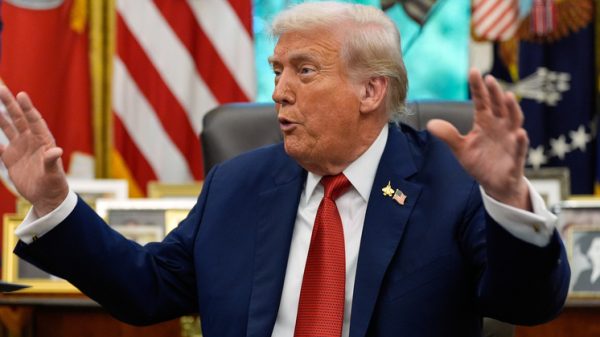




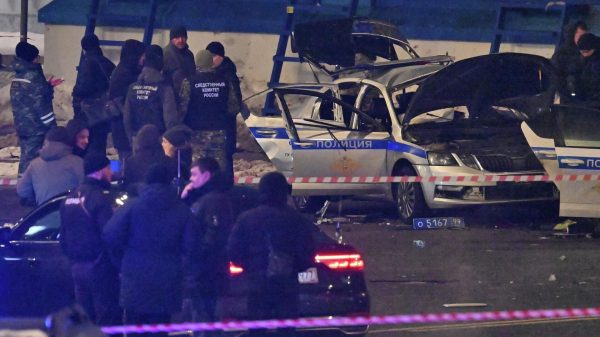
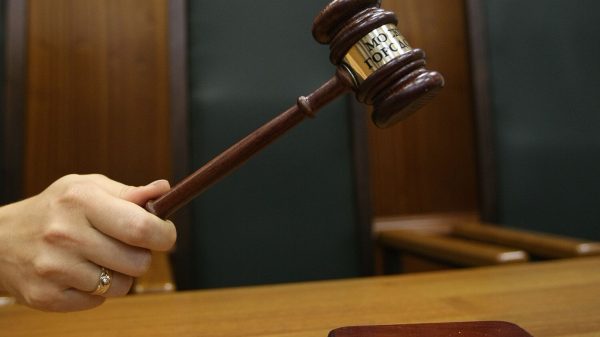
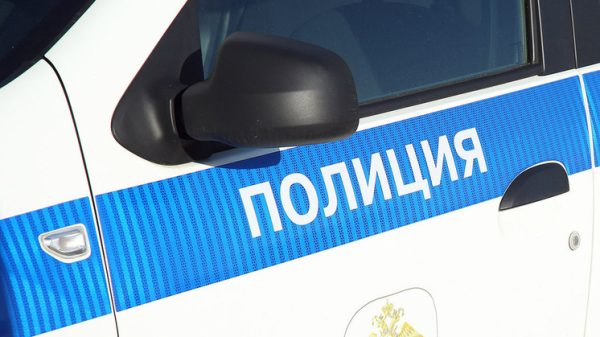








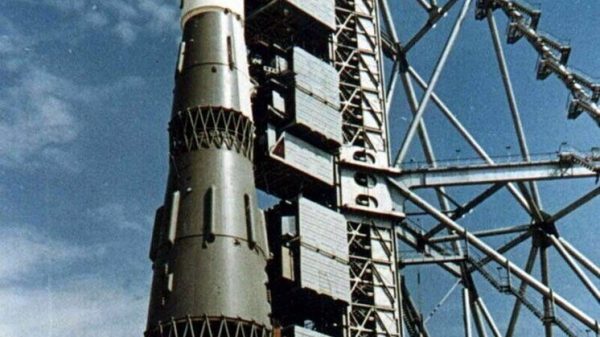

































Свежие комментарии